Cape Town [South Africa], January 24 (ANI): The two-time champions Sunrisers Eastern Cape made it to their fourth successive SA20 final, beating Paarl Royals by seven wickets at Newlands on Sunday.
The two-time champions comfortably chased down…

Cape Town [South Africa], January 24 (ANI): The two-time champions Sunrisers Eastern Cape made it to their fourth successive SA20 final, beating Paarl Royals by seven wickets at Newlands on Sunday.
The two-time champions comfortably chased down…
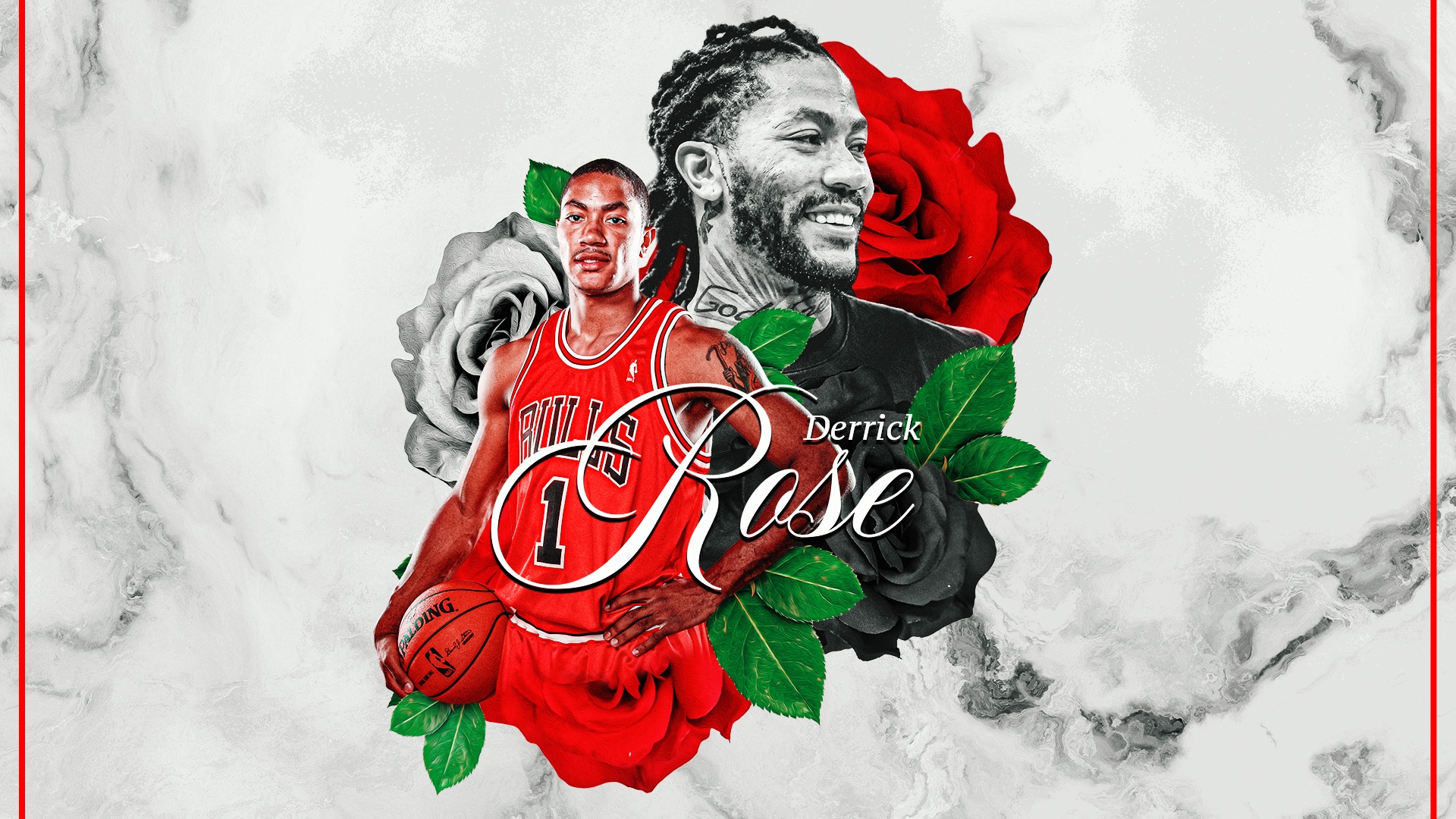
Chicago will retire Derrick Rose’ No. 1 Bulls jersey on Saturday, January 24 following their matchup with the Celtics.
As a child growing up in Chicago, Derrick Rose witnessed greatness inside the United Center, seeing Michael Jordan and…
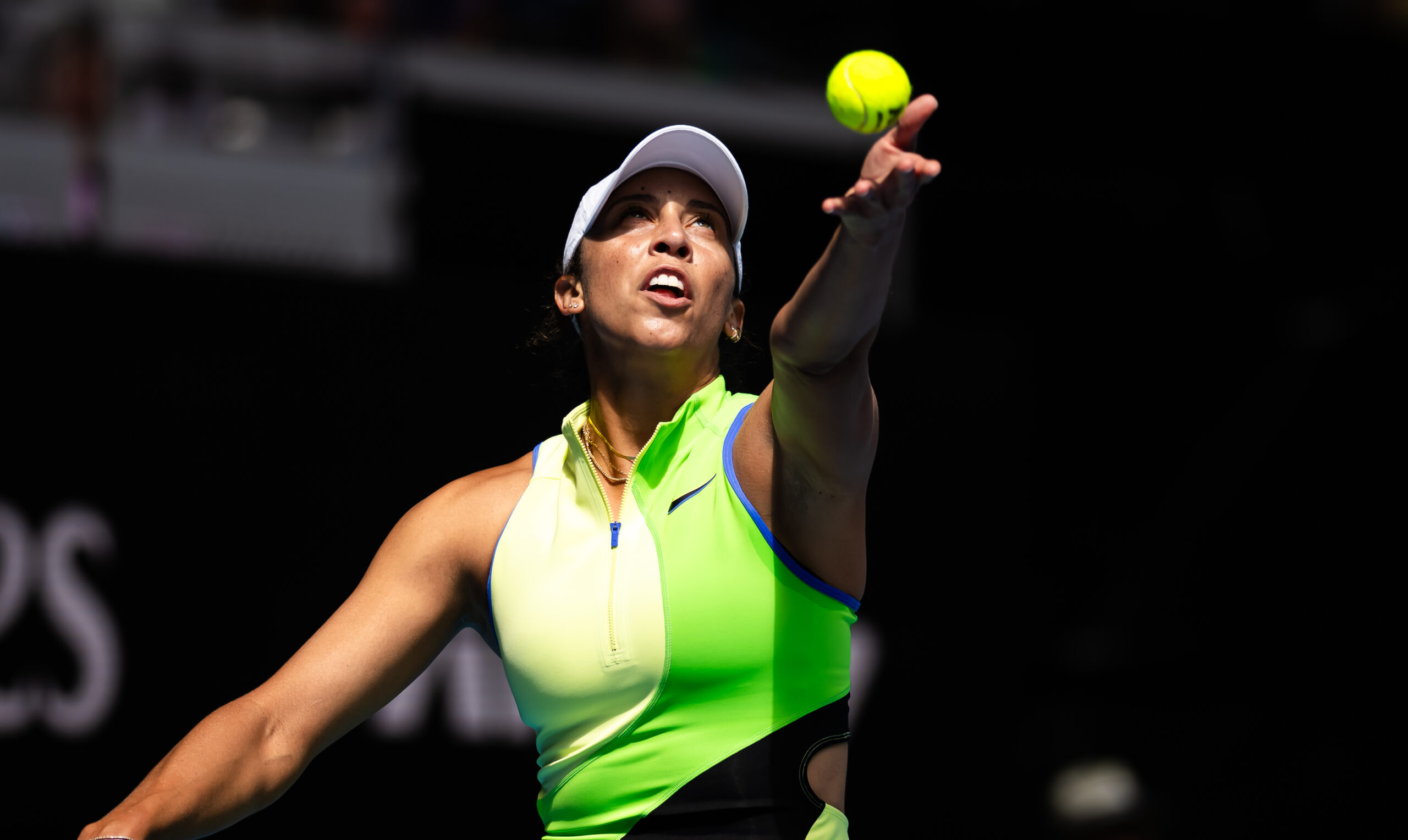
Americans Madison Keys and Jessica Pegula were each straight-set winners at the Australian Open on Saturday, putting the two good friends through to a Round of 16 showdown — and their fourth career head-to-head…
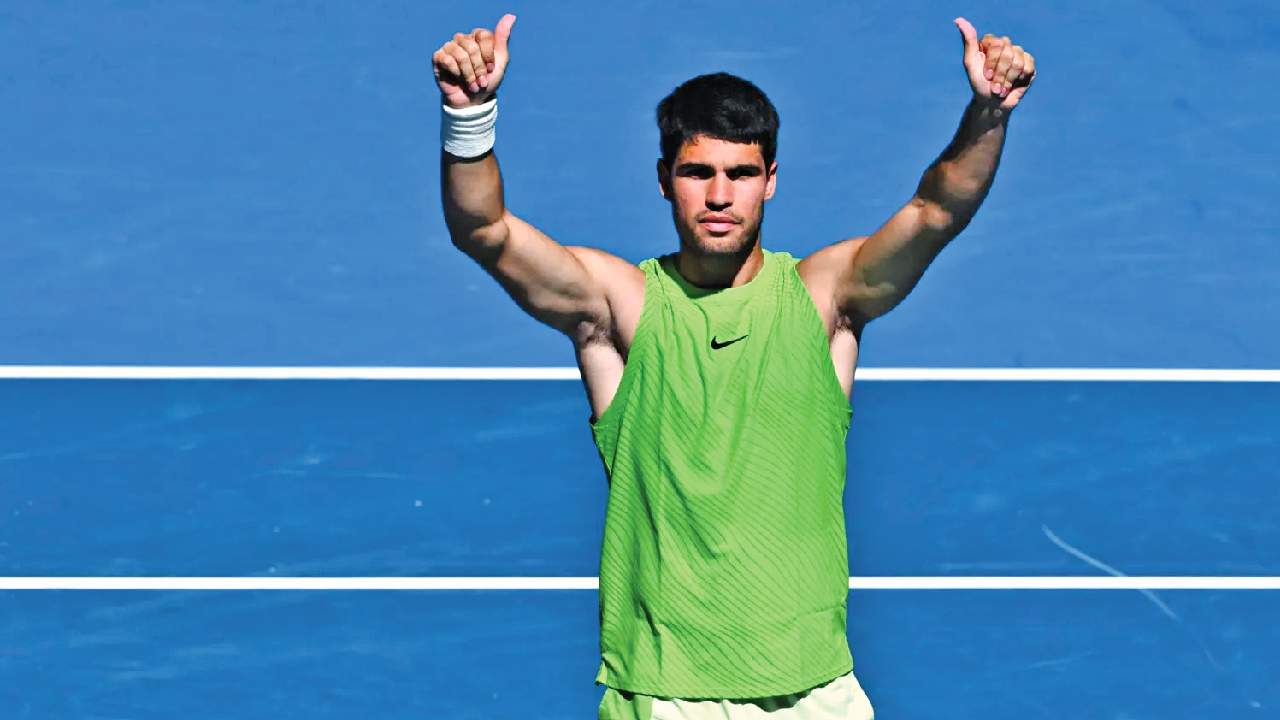
Carlos Alcaraz acknowledged that while he won the third-round match, he lost the battle of the drop shots against Corentin Moutet. That could be a first for the 22-year-old Spaniard, who grew up relentlessly practicing his drop shots and is now…
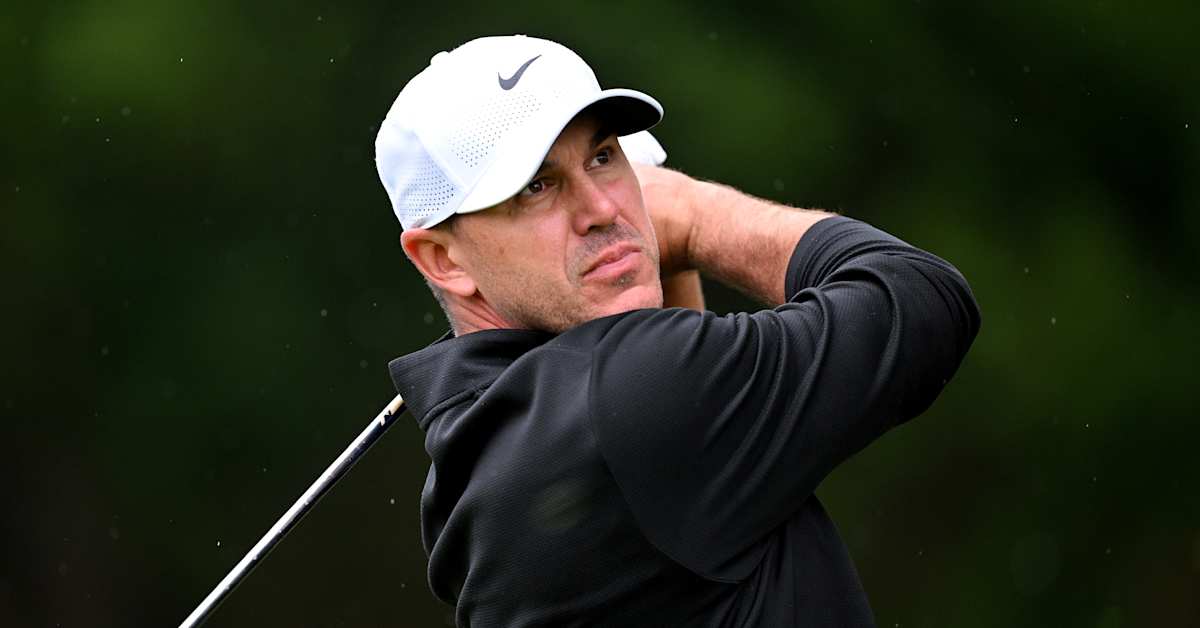
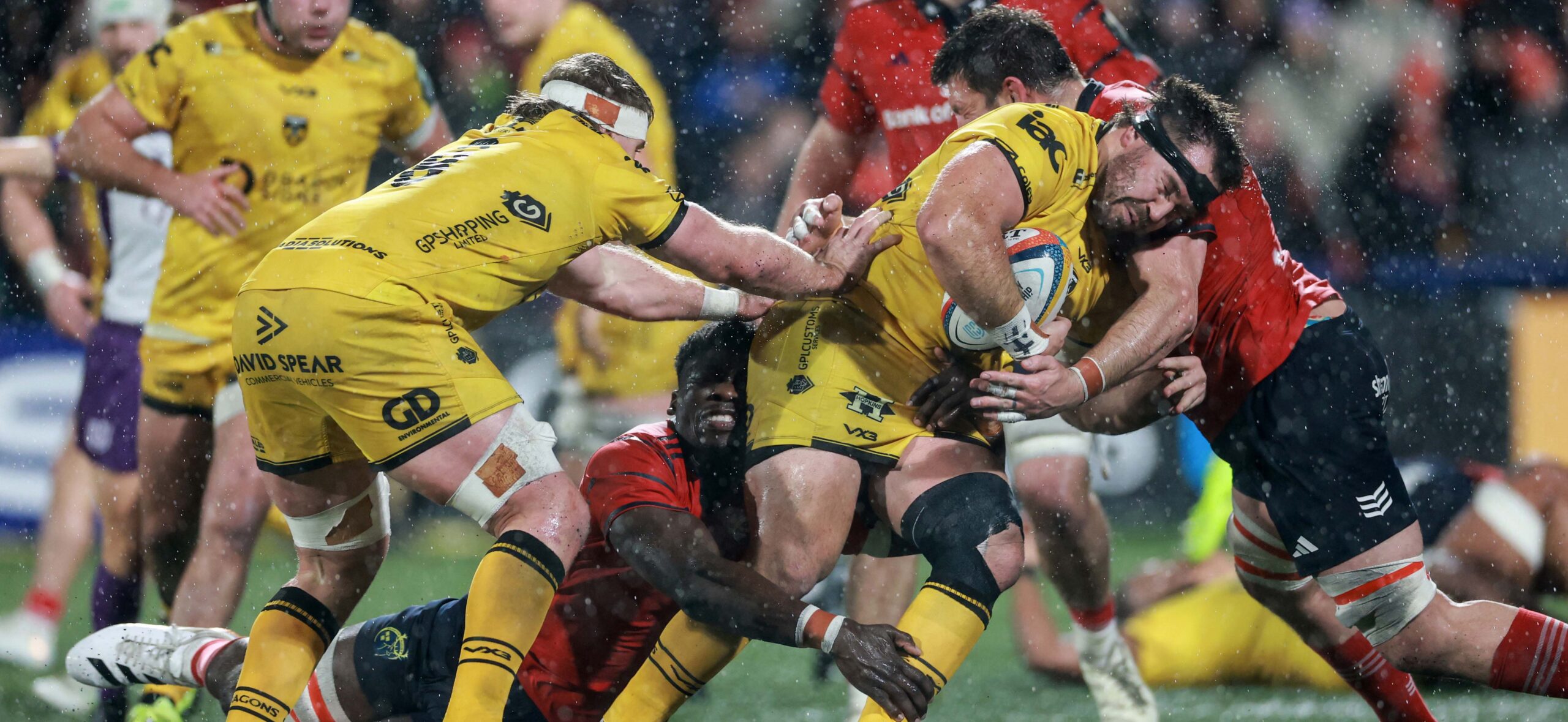
Boss Filo Tiatia praised the manner in which his Dragons played the conditions after a ‘game of two halves’ in the narrow 22-20 defeat to Munster in the BKT United Rugby Championship.
The Men of Gwent took a first half lead in…